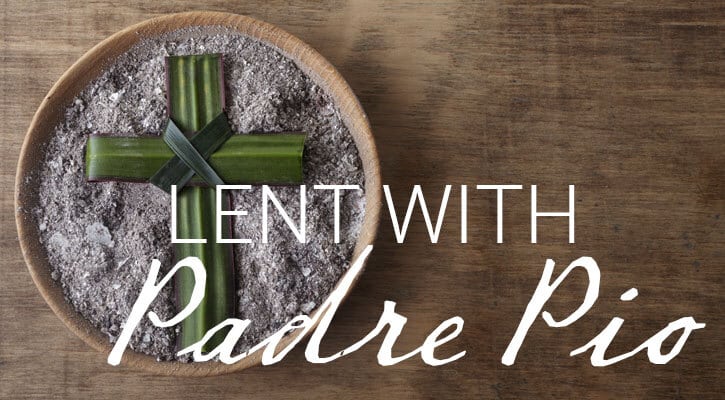“Holiness means loving our neighbor as ourselves for love of God. In this connection holiness means loving those who curse us, who hate and persecute us, and even doing good to them.”
—Letters, Vol. 2, 562
Being loving toward those who aren’t loving back to us is not easy. Becoming defensive would be a completely understandable reaction. But, if we do, then we are behaving no better than they are. Padre Pio is revered by many, but there were—and still are—people who doubted his experiences.
In fact, during the 1920s, the Vatican investigated him and placed sanctions on him that forbade him from saying Mass in public, blessing people, answering letters, or showing his stigmata publicly. In spite of this, though, he was able to look at the bigger picture when it came to dealing with such critics. As hard as it is, we should try to do the same.
In Padre Pio’s Own Words
I urge you to comfort yourself with the splendid thought that your physical and spiritual sufferings are the evidence of God’s will for you, in that he wants to make you more conformed to the heavenly prototype, Jesus Christ, through these sufferings….
For those who hope in the Lord, having a tranquil conscience can come only from God himself.
I am saying this in answer to your question about this matter. Feeling no attraction whatsoever to any place in this world below can have no source other than God himself, who wants to detach the soul from everything that is not himself.
(To Raffaelina Cerase, September, 28, 1915)

Prayer
St. Pio, you are a shining example of how to deal with those who challenge and are not loving toward us.
Help us to realize that the hurtful things they say or how they behave does not diminish Christ’s love for us.







